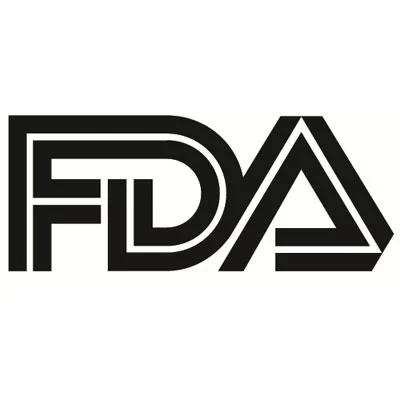
The federal agency has given the nod to the latest Moderna COVID-19 vaccine mRNA-1283 (mNEXSPIKE). This becomes the first vaccine approved under the new federal guidelines that change who is eligible for the immunizations. The vaccine is indicated for use in all adults 65 and older, as well as individuals aged 12-64 years with at least 1 or more underlying risk factor as defined by the Centers for Disease Control and Prevention (CDC).
“The FDA approval of our third product, mNEXSPIKE, adds an important new tool to help protect people at high risk of severe disease from COVID-19,” Moderna CEO Stéphane Bancel, said in a statement. 1 “COVID-19 remains a serious public health threat, with more than 47,000 Americans dying from the virus last year alone.”
Phase 3 Data
The new approval is based on results from a randomized, observer-blind, active-controlled phase 3 clinical trial, which enrolled approximately 11,400 participants aged 12 years and older. The primary efficacy objective in this study was to demonstrate the non-inferior vaccine efficacy against COVID-19 starting 14 days after mNEXSPIKE compared to that after the comparator vaccine, mRNA-1273 (Spikevax), Moderna’s original COVID-19 vaccine.
What You Need to Know
The FDA has approved Moderna’s new COVID-19 vaccine, mRNA-1283 (mNEXSPIKE), for adults 65 and older and individuals 12–64 with at least one CDC-defined underlying risk factor.
In a phase 3 trial with over 11,000 participants, mRNA-1283 demonstrated 9.3% higher relative efficacy than Moderna’s original vaccine (mRNA-1273), with a 13.5% higher efficacy in adults 65+. It also showed fewer local side effects and a safety profile comparable to its predecessor.
The FDA no longer recommends annual COVID-19 vaccines for healthy individuals under 65. Vaccination is now focused on those at higher risk, including adults 65+ and people 6 months and older with underlying conditions (eg, asthma, diabetes, cancer).
Participants received either a 10 μg dose of mRNA-1283 or a 50 μg dose of mRNA-1273. mRNA-1283 showed a 9.3% higher relative vaccine efficacy (rVE) compared to mRNA-1273 in individuals aged 12 years and older, and in a descriptive sub-group analysis, a 13.5% higher rVE in adults aged 65 and older.
In this trial, mRNA-1283 was found to have a similar safety profile to mRNA-1273, with fewer local reactions and comparable systemic reactions. The most commonly solicited side effects were injection site pain, fatigue, headache and myalgia.
Moderna said it expects to have the mRNA-1283 vaccine ready in the US for the 2025-2026 respiratory virus season. Additionally, the vaccine is under review with regulators in multiple markets around the world.
New Federal COVID-19 Vaccine Guidelines
Earlier this week, the leaders of the NIH, HHS, and FDA, announced the removal of the COVID-19 vaccine from immunization schedule pregnant women and healthy children in a social media post. And the announcement came on the heels of an article published in the New England Journal of Medicine. FDA Commissioner Marty Makary, MD, MPH, and Vinay Prasad, MD, MPH, director of the FDA’s Center for Biologics Evaluation and Research (CBER), wrote in the piece the new recommendations for COVID-19 vaccines, and how they will be approved going forwardWhereas, previously everyone who was 6 months and older were recommended to get vaccines, now the FDA is no longer recommending annual COVID vaccinations for healthy people younger than 65. For those who are 65 and older they are still recommended to get their annual vaccinations as well as those 6 months and older who have underlying health conditions such as diabetes, cancer, asthma, etc.2






